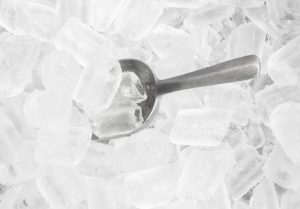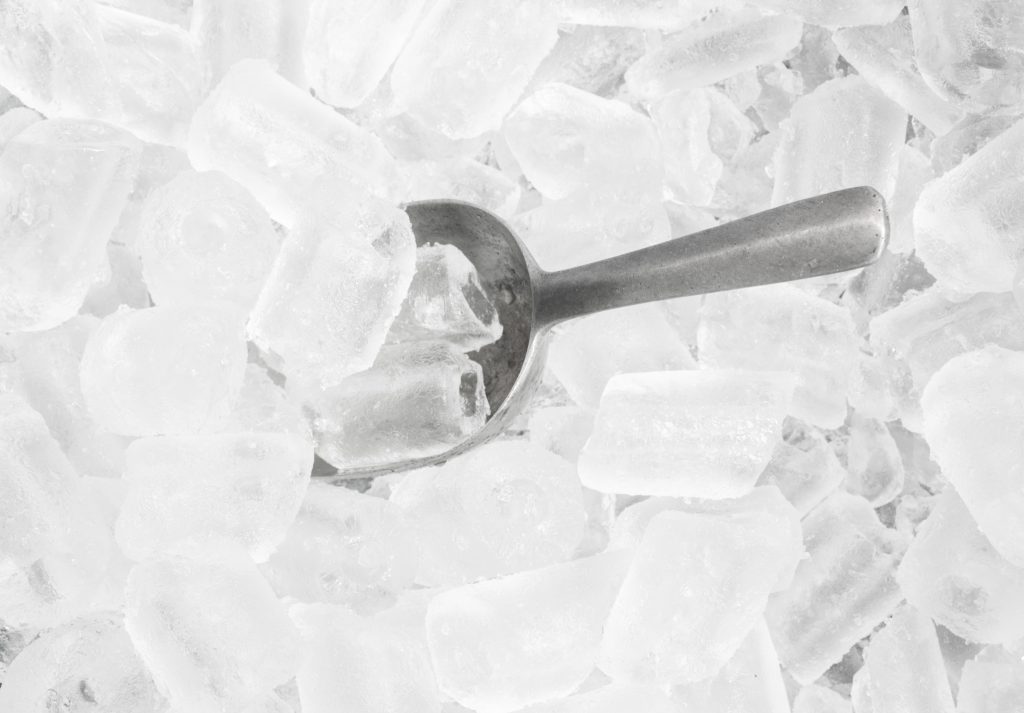 Many people don't think twice about their ice cubes. Though it’s really just frozen water, few of us want to think about the water quality of the ice in our beverages. After all, ice does not particularly affect the quality of our drinks, and it virtually imparts no additional flavor.
Many people don't think twice about their ice cubes. Though it’s really just frozen water, few of us want to think about the water quality of the ice in our beverages. After all, ice does not particularly affect the quality of our drinks, and it virtually imparts no additional flavor.
Ice cubes, however, need to be subjected to the same amount of regulation as other types of drinking water. LABWORKS, for example, has a laboratory information management system (LIMS) specifically for managing water quality test results. The water used in ice cubes must pass the standards set by the U.S. Food and Drug Administration (FDA) in order to be fit for consumption.
Ice Cubes as a Food Item
The FDA considers ice cubes, particularly packaged ice, as a food item. Though small-scale ice production in small retail stores is usually not subjected to inspection, the FDA has several regulations in place. These regulations monitor the water quality and require specific practices to maintain the safety of the ice cubes for consumption.
The use of ice cubes falls under the FDA Food Code, which dictates that it has to be reasonably free of bacteria and other human pathogens.
There’s a widespread belief that freezing kills harmful bacteria inside the ice. While this is true for some of the weaker strains, freezing is not as effective as boiling when it comes to ridding the water of bacteria and impurities. The water used for ice should pass all quality assessments before adding them to beverages.
Poor Practices Lead to Contamination
Along with ensuring that the water used in ice cubes is of good quality, it’s important to follow clean practices when serving them. Many restaurants have poor health practices, which end up contaminating the ice.
Ice machines may not be properly maintained and sanitized. Dirty ice cube trays will lead to dirty ice. It is also common for people to scoop ice without properly washing their hands, which spreads harmful bacteria such as E. coli.
To maintain the safety of ice cubes, practice proper sanitation and water quality monitoring at all times.
